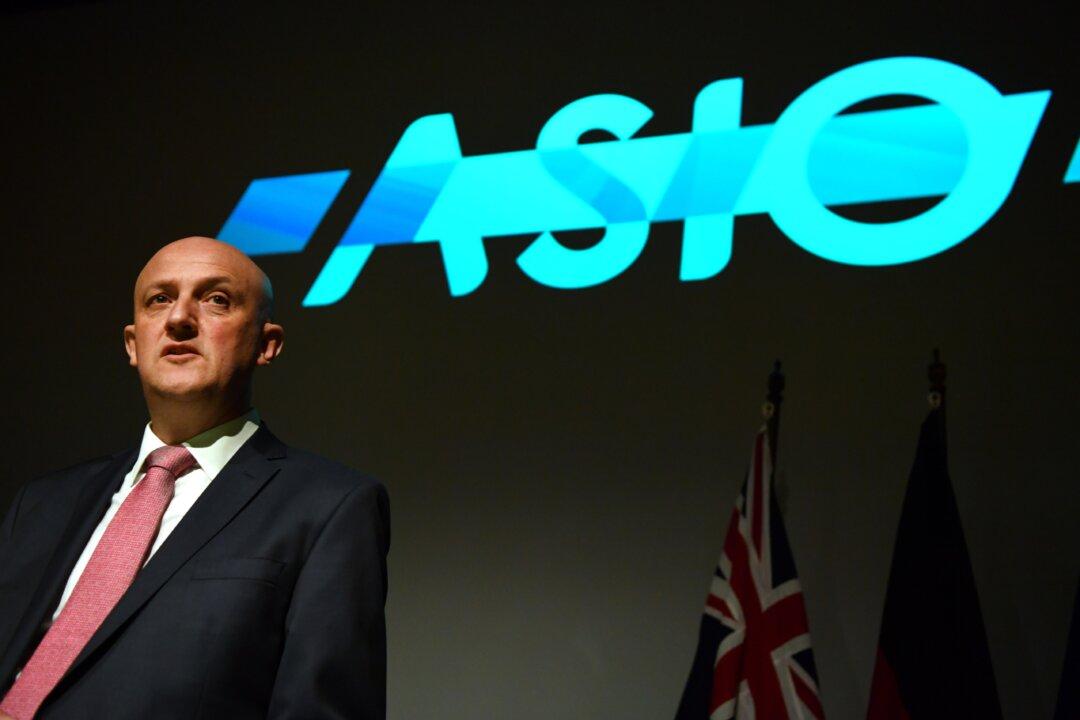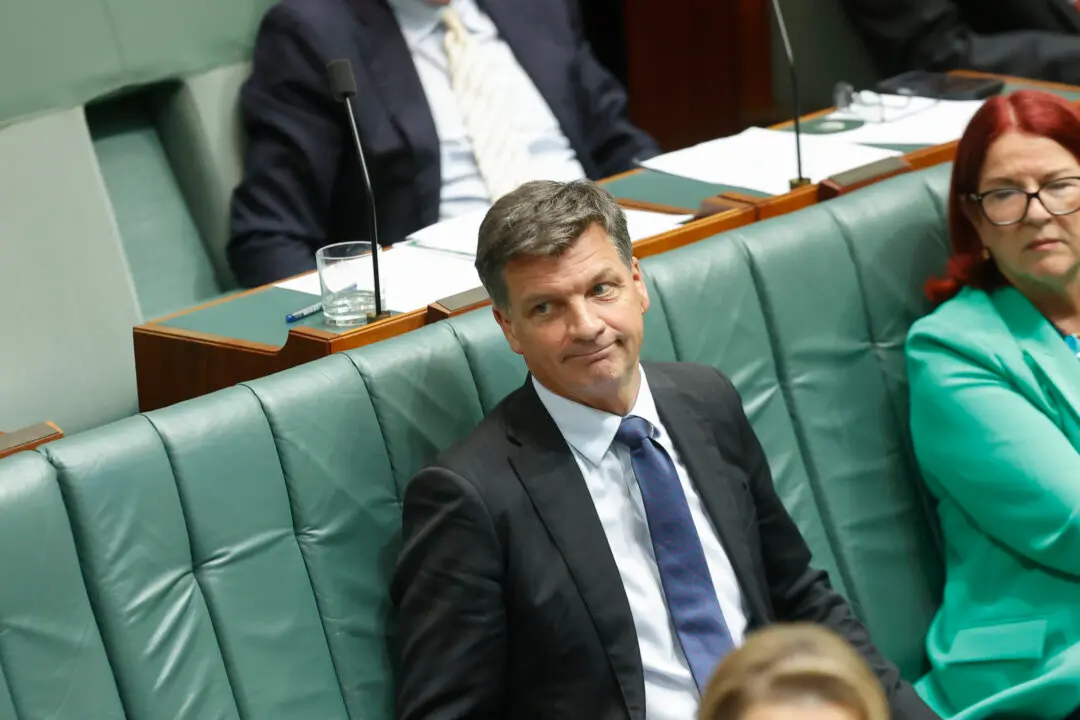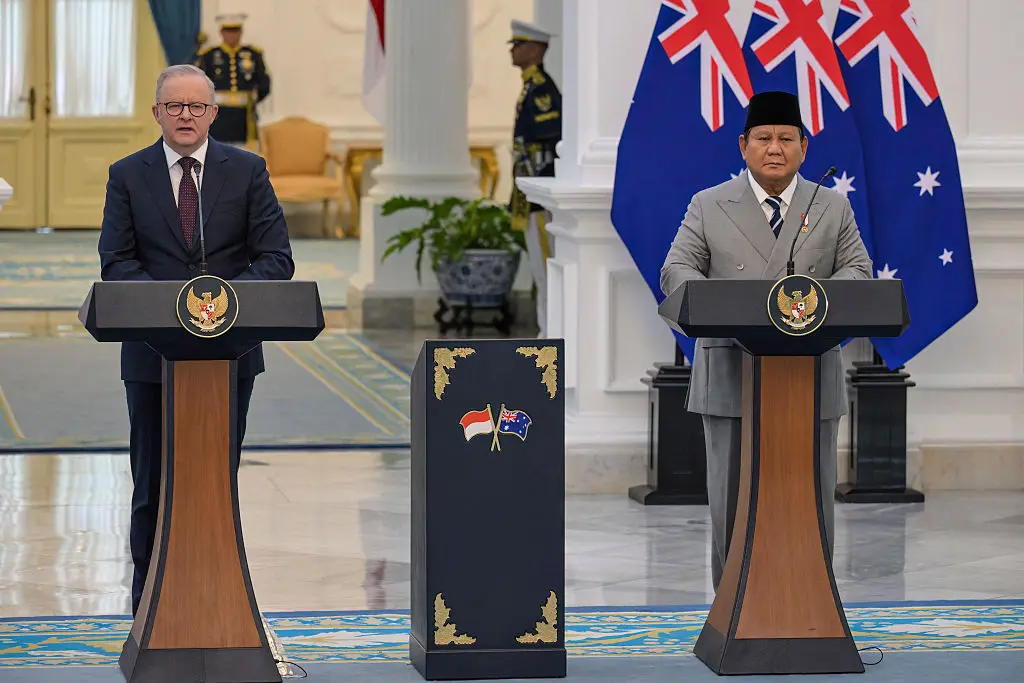Entrepreneurs from the Aboriginal community face significant challenges in scaling their operations, mainly due to a lack of intergenerational wealth, which makes securing loans for essential infrastructure difficult.
Representatives highlighted this during the Joint Standing Committee on Aboriginal and Torres Strait Islander Affairs session held in Perth on Sept. 2.





